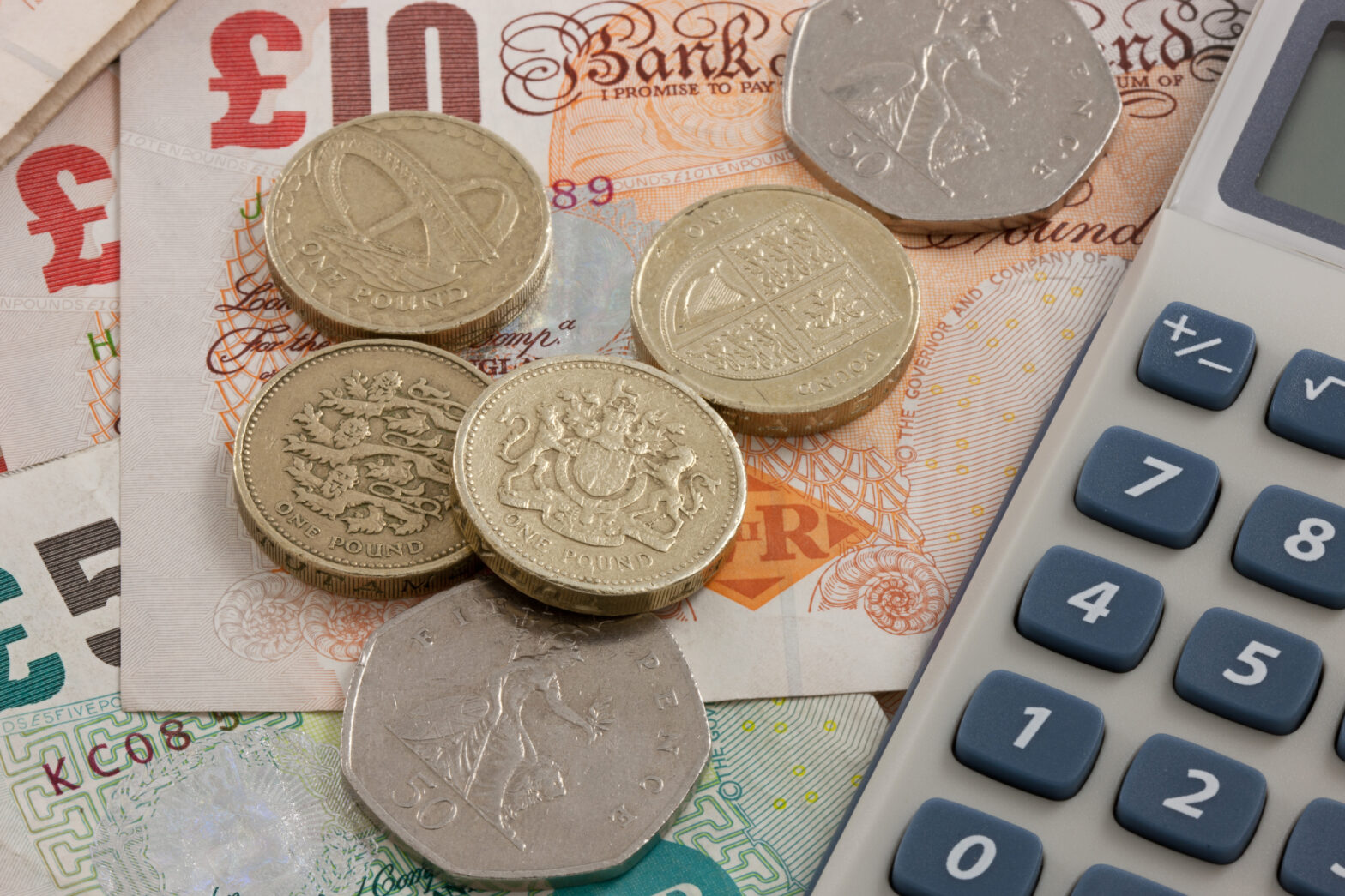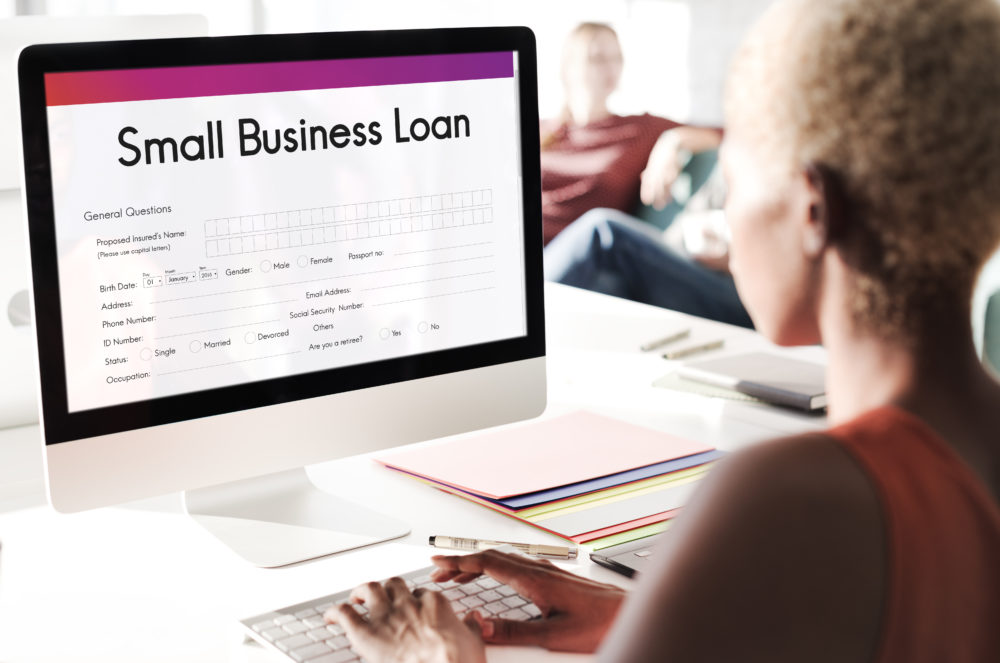Can I liquidate my company if I have a Bounce Back Loan?
As a company director, neglecting creditor interests will instantly land you in the firing line of an insolvency service investigation into director conduct when entering company liquidation. Taking the informal company closure route by striking off your business, also known as dissolution, is a route designed for businesses laden with no company debts. Therefore, investigations into director conduct are not conducted as standard during company strike off.
A new legislative measure preventing company directors from informally closing their business to avoid an investigation into director conduct, instead of entering a formal insolvency process, is due to come into play. The first reading in Parliament recently took place and the measure appears to come into force in late 2021.
As Bounce Back Loan repayments fall due following the optional pause on repayments, company directors will need to brace company cash flow for additional outgoings. Currently, if this route is pursued by your limited company with an outstanding Bounce Back Loan, rather than a formal insolvency route, you will likely receive an “Objection to Company Strike Off Notice”. After the rules are approved, this will ring alarm bells and kickstart an investigation by the Insolvency Service.
>See also: What happens if I can’t repay my Bounce Back Loan
Can I face an investigation over misuse of my Bounce Back Loan?
The measure aims to penalise company directors looking to escape from their Bounce Back Loan liabilities by taking the strike off route to avoid an investigation. It is in the best interests of government and taxpayers to enforce an early deterrent, as failure to do so could place pressure on the public purse as the loan is 100-per-cent government backed.
In the event of company closure, the government will be required to foot the entirety of any remaining Bounce Back Loan debts. This pre-emptive measure targets company directors looking to bolt from their repayment duties to creditors.
Is my Bounce Back Loan lender classed as a creditor?
At the onset of the coronavirus pandemic, the government heavily advertised emergency support through the Bounce Back Loan Scheme for SMEs experiencing severe dips in cash flow and disruption to revenue. Loans between £2,000 and £50,000 were made available, with loan terms extending between 6 to 10 years. Offered through a simple application form, funds were made available within 24 to 48 hours without a hard credit check.
Although this was vital for the survival of the economy, businesses at risk of becoming insolvent in the long run loaded unmanageable amounts of debt onto their limited company. Paired with the moratorium on winding up petitions, businesses highly susceptible to creditor action were granted temporary protection – delaying their demise, rather than facilitating a rescue, in some cases.
Keith Tully, partner at insolvency practitioner Real Business Rescue, said: “We are approached daily by company directors hard-hit by the Covid-19 pandemic and on the brink of collapse due to the weight of mounting debts owed to creditors.
“During the debt discovery stage, many business owners arrive at the realisation that the Bounce Back Loan is, in fact, a company liability, for which there is a named creditor.
“The friendly cloak is then pulled back from the loan which was once marketed as accessible without any hard credit check or business viability test, piling on to the list of company liabilities.”
As of March 21 2021, over £1.5 million Bounce Back Loan applications were approved and more than £46bn borrowed, including top-ups. As the economy enters recovery, the government is closing in on a loophole to prevent directors from acting unscrupulously.
>See also: Bounce Back Loan repayment calculator – how much will your loan cost?
What are the repercussions of a director investigation?
Once an investigation is launched into director conduct, if you are found guilty of abandoning your duties as a company director or falling foul of the terms of your Bounce Back Loan, you could face serious repercussions which could disable your ability to operate a business. You could be subject to director disqualification for up to 15 years, or even prosecution.
Although Bounce Back Loans were offered without tying directors to personal guarantees, you could still be held personally liable for the Bounce Back Loan if you breach the terms and conditions.
A Bounce Back Loan can only be used for commercial activity to help the business bounce back from the detrimental conditions inflicted by the Covid-19 pandemic and to stimulate economic recovery. Contravening these terms by using the Bounce Back Loan for personal use is essentially classed as fraudulent activity as you are claiming state support under the guise that it is required for your ailing business.
When taking out a Bounce Back Loan, company directors were obliged to demonstrate that their business was not in difficulty as of December 31 2019. According to the British Business Bank, a business is difficulty is classed as the following:
- Companies that have entered insolvency proceedings, such as liquidation
- Limited companies that have accumulated losses greater than half of their share capital in their last annual accounts (not applicable to SMEs less than 3 years old)
- Where the business has received restructuring aid and is undergoing restructuring
A distressed business for eligibility for a Bounce Back loan is one that is undergoing company restructuring, a procedure used to tend to businesses in financial distress. A business in company liquidation is also classed as a business in difficulty that can no longer be revived.
Are there any caveats to closing my business with a Bounce Back Loan?
If your business is genuinely unable to cope with company liabilities due to Covid-19 complications and you still want to liquidate your company with a Bounce Back Loan, you will be able to pursue company liquidation under the guidance of a licensed insolvency practitioner. Your Bounce Back Loan is an unsecured debt that will be repaid after the liquidators’ fees and preferential debts are settled. If there are no suspicions of wrongful or fraudulent trading, your business will be liquidated, and your remaining Bounce Back Loan will be repaid by the government.
If you’re unsure of your position in relation to an outstanding Bounce Back Loan and you want to liquidate your company, speak to a reputable accountancy provider or a licensed insolvency practitioner.
David Tattersall is head of client relations at Handpicked Accountants





